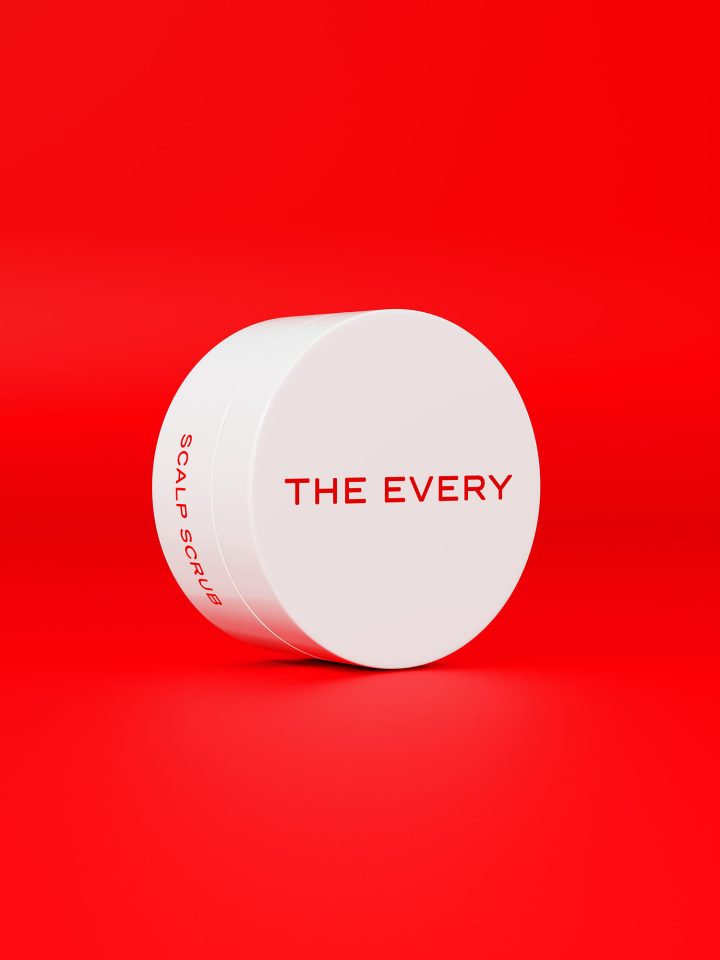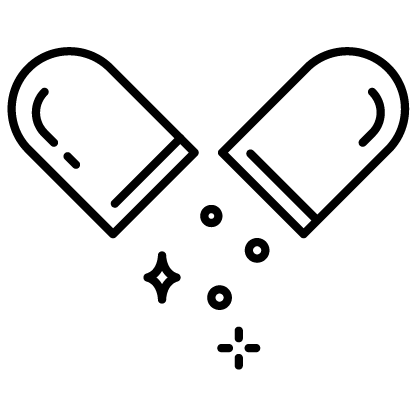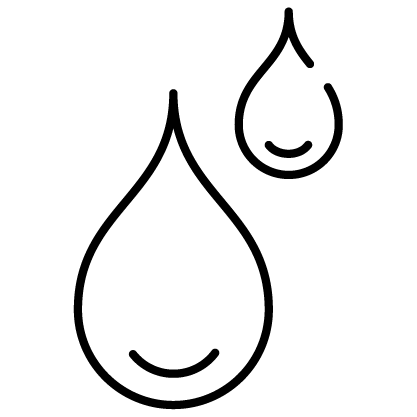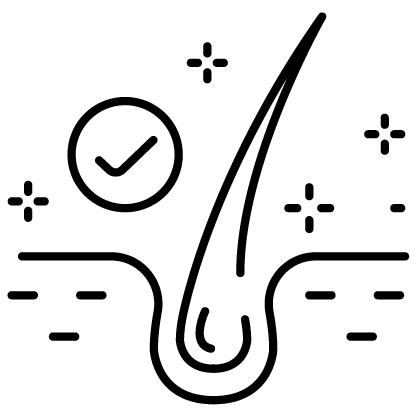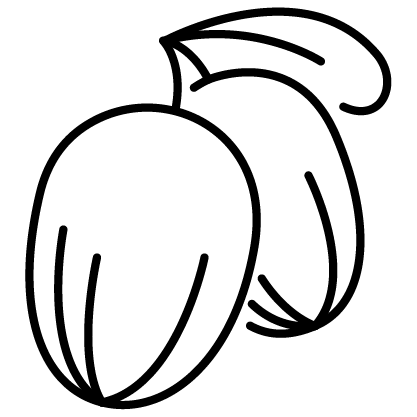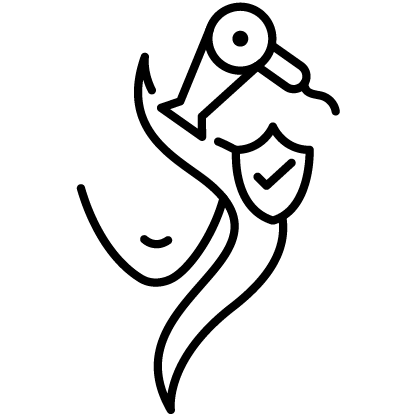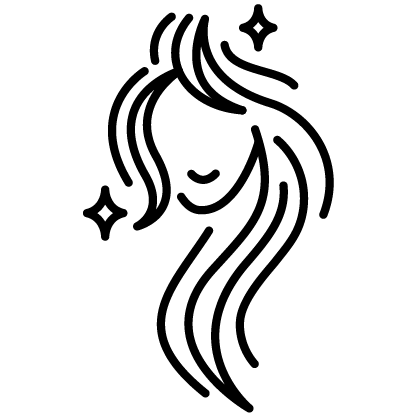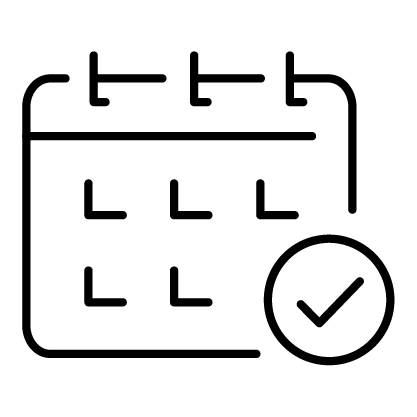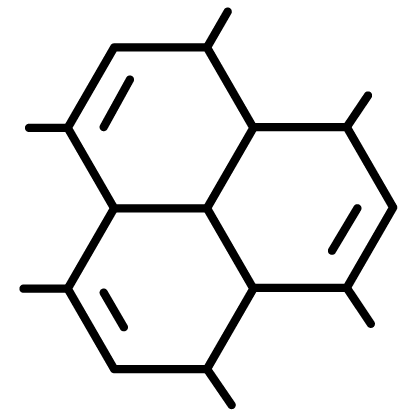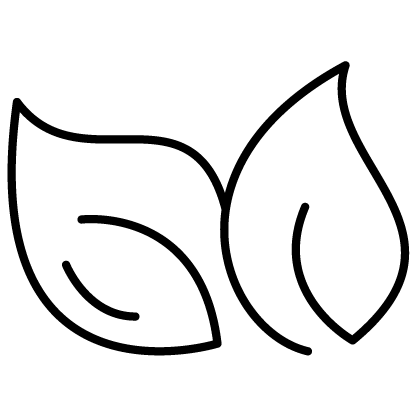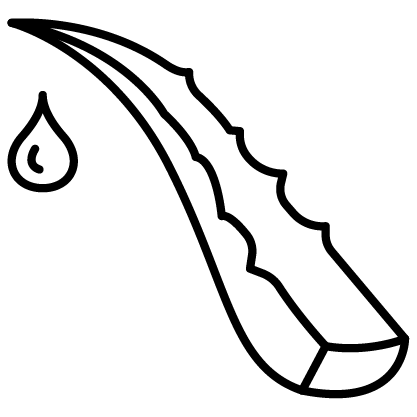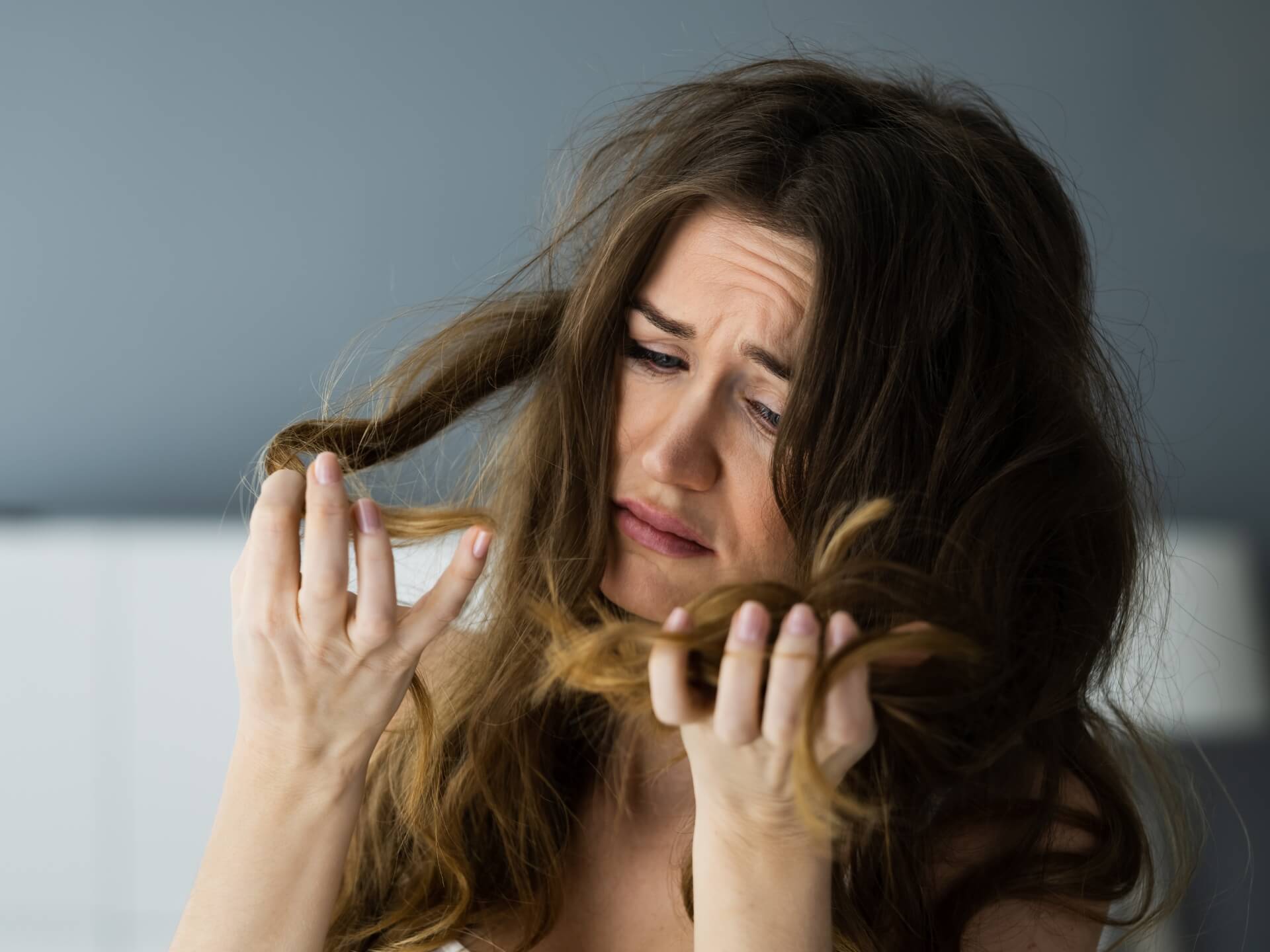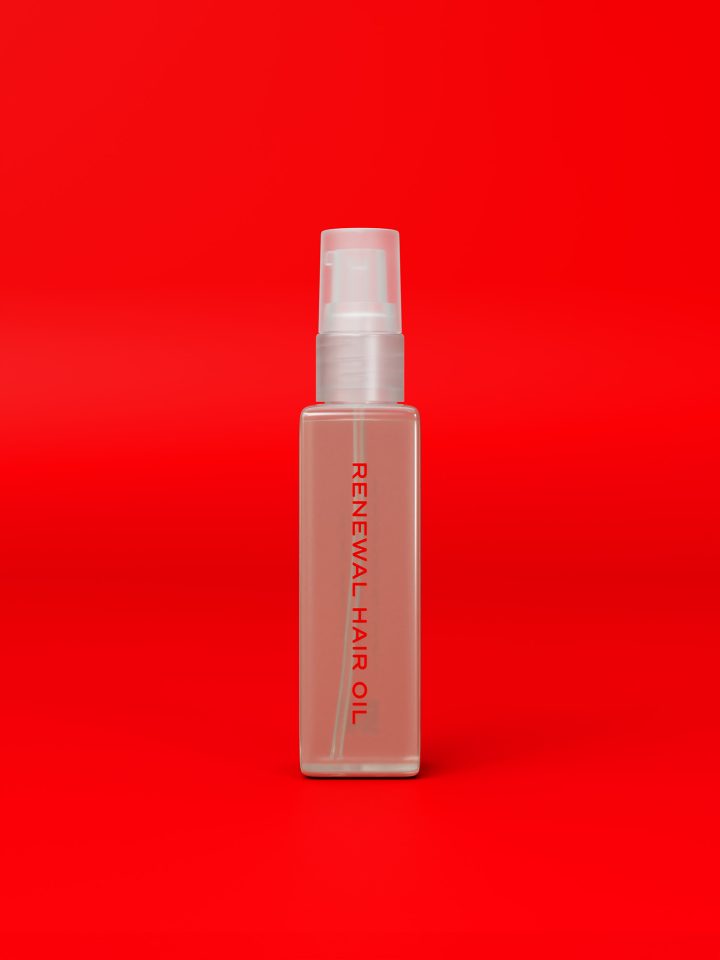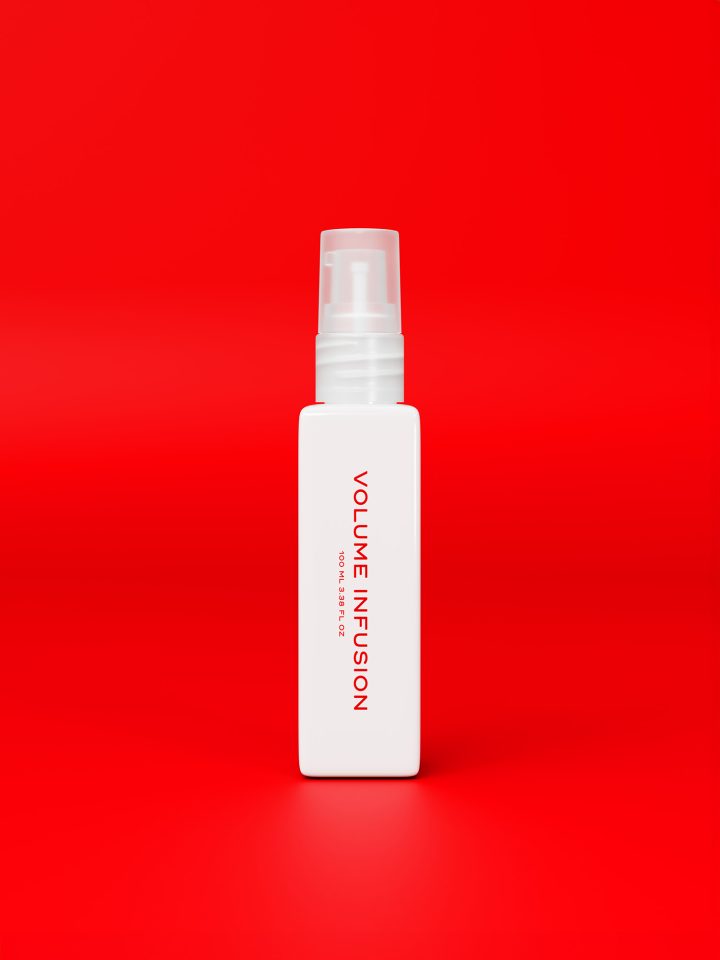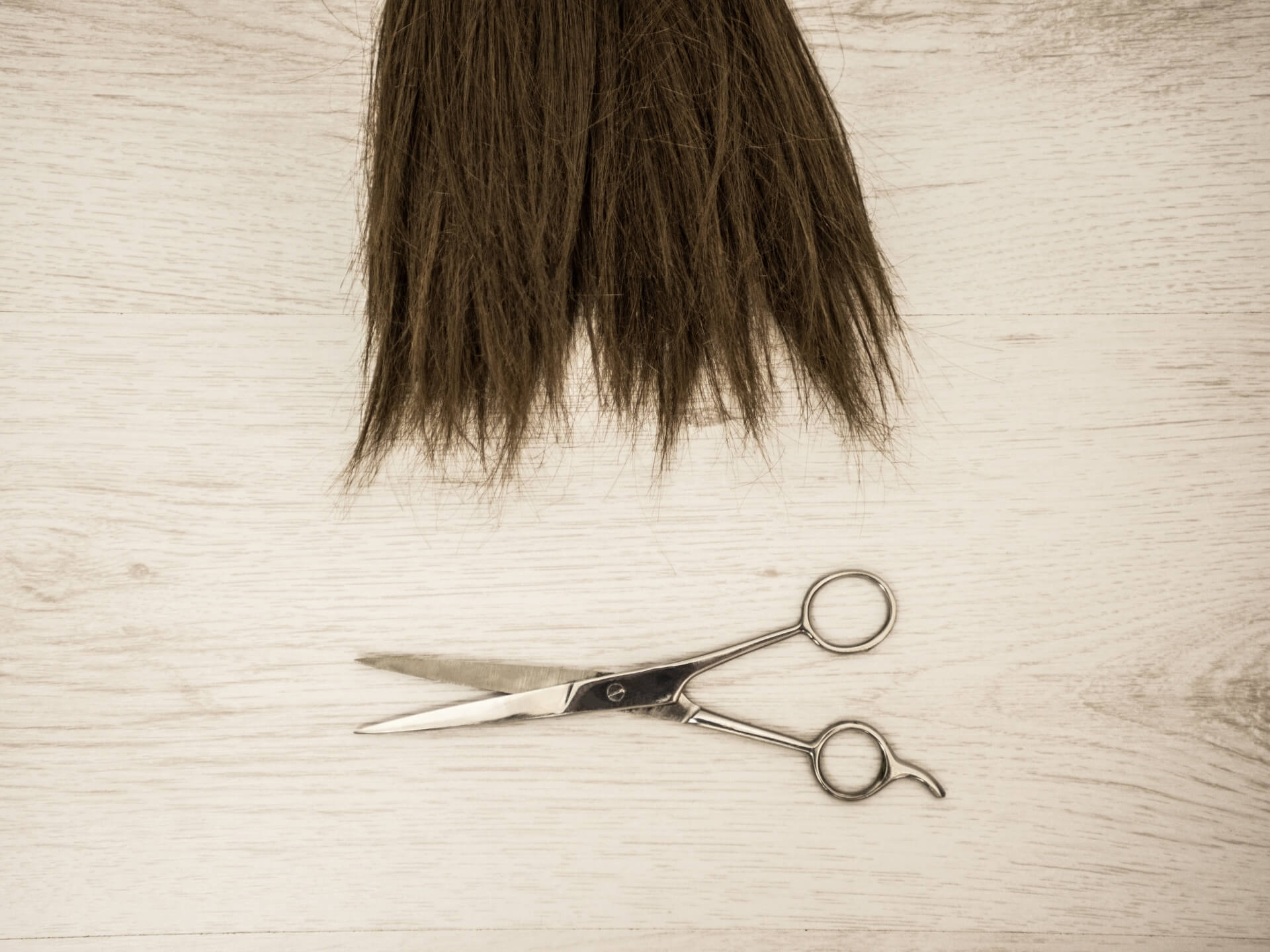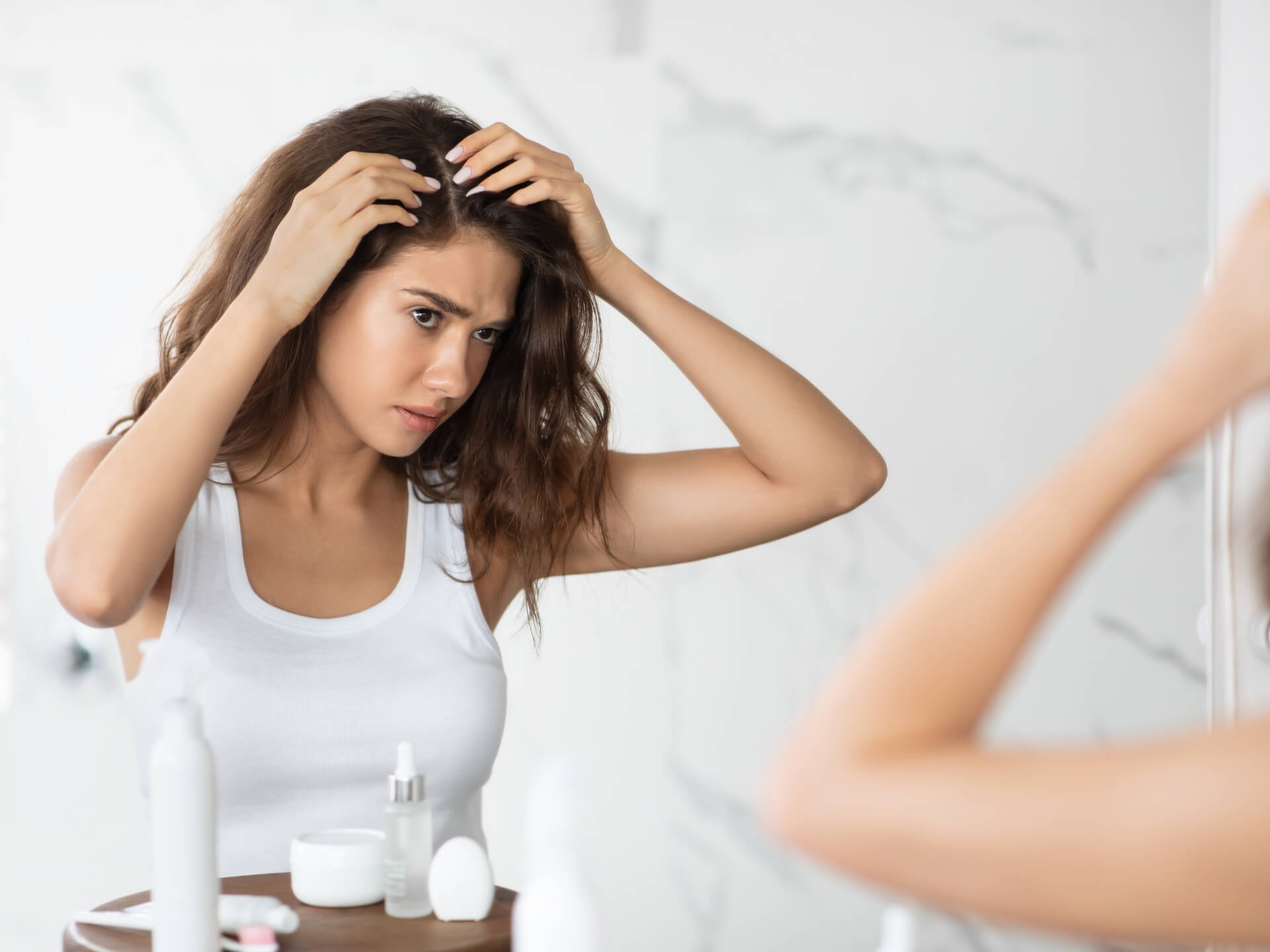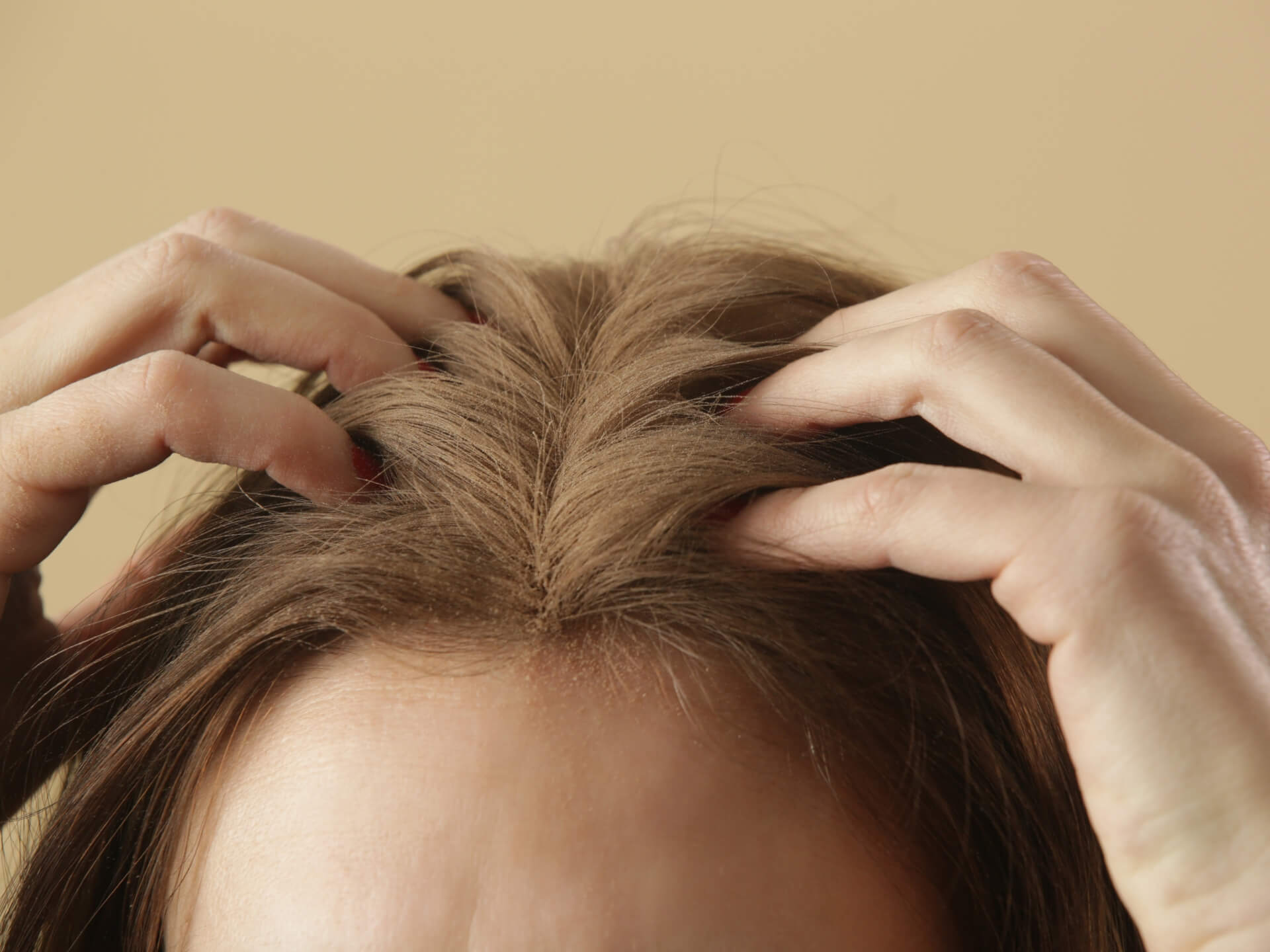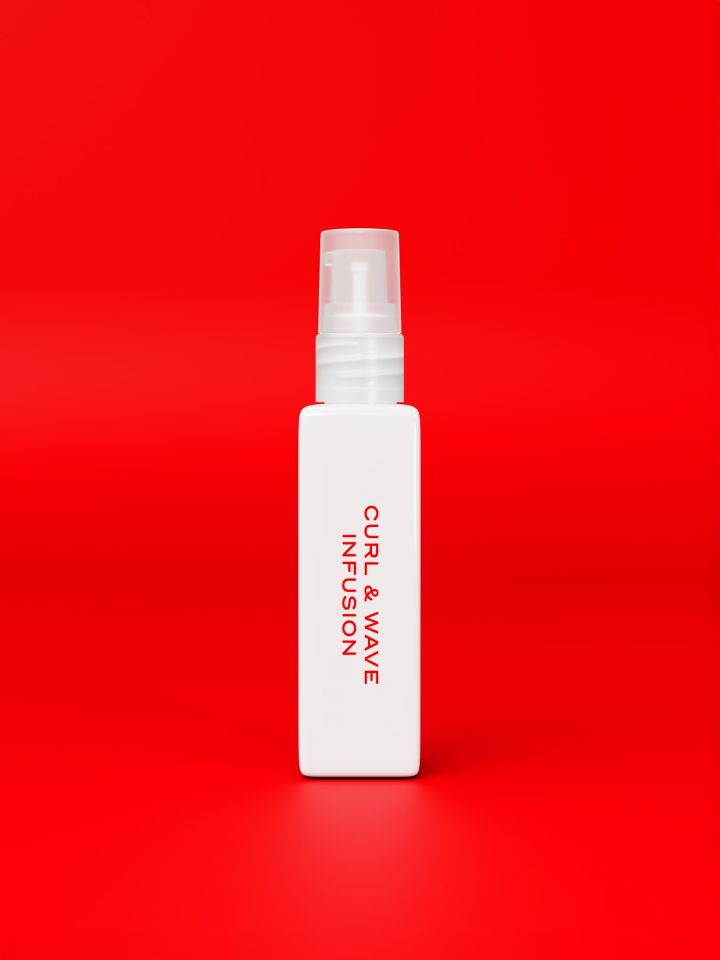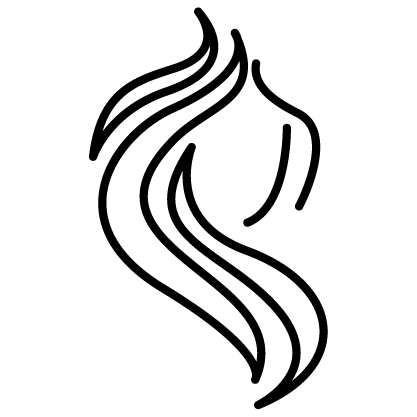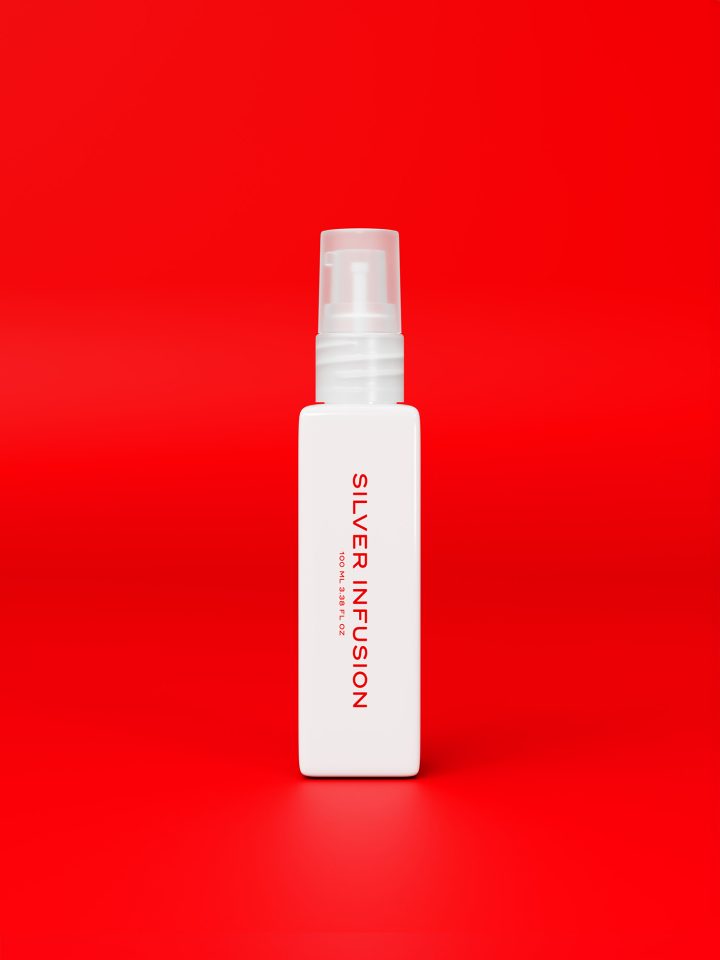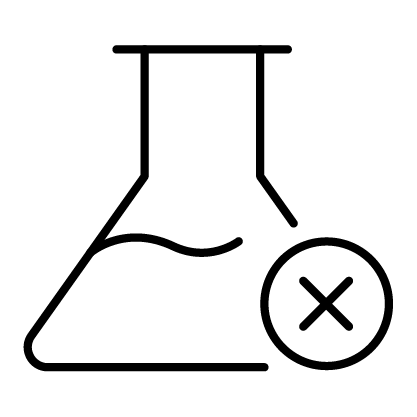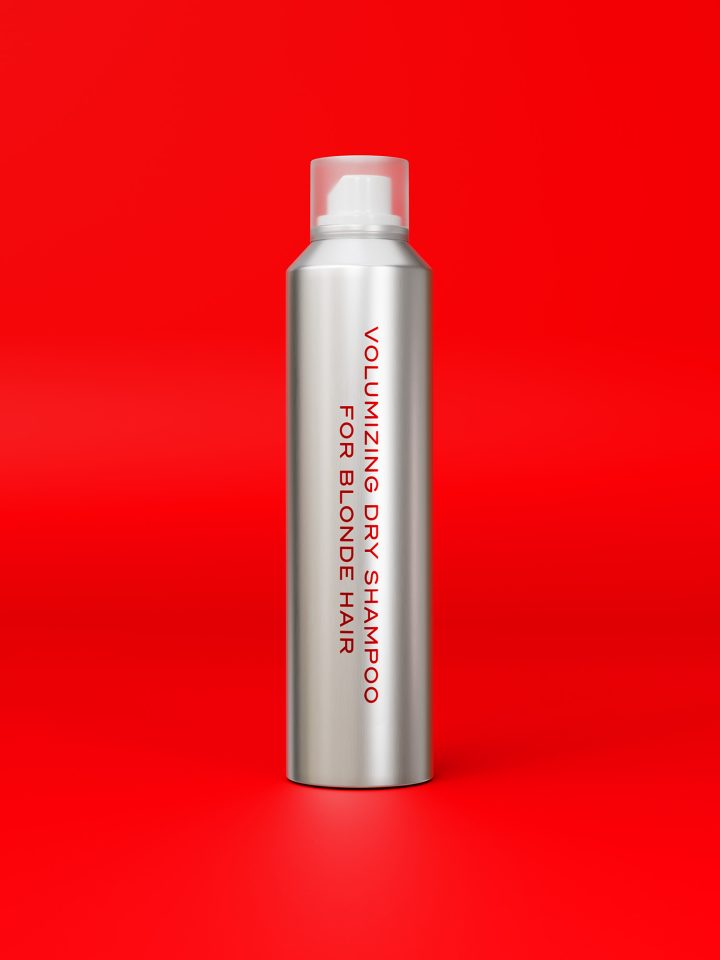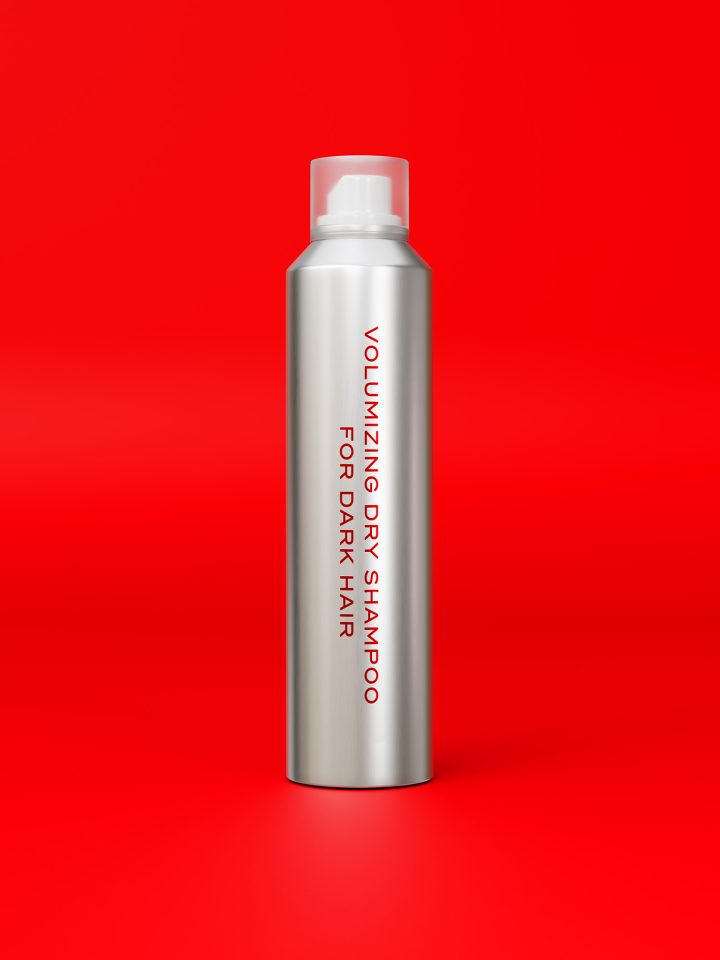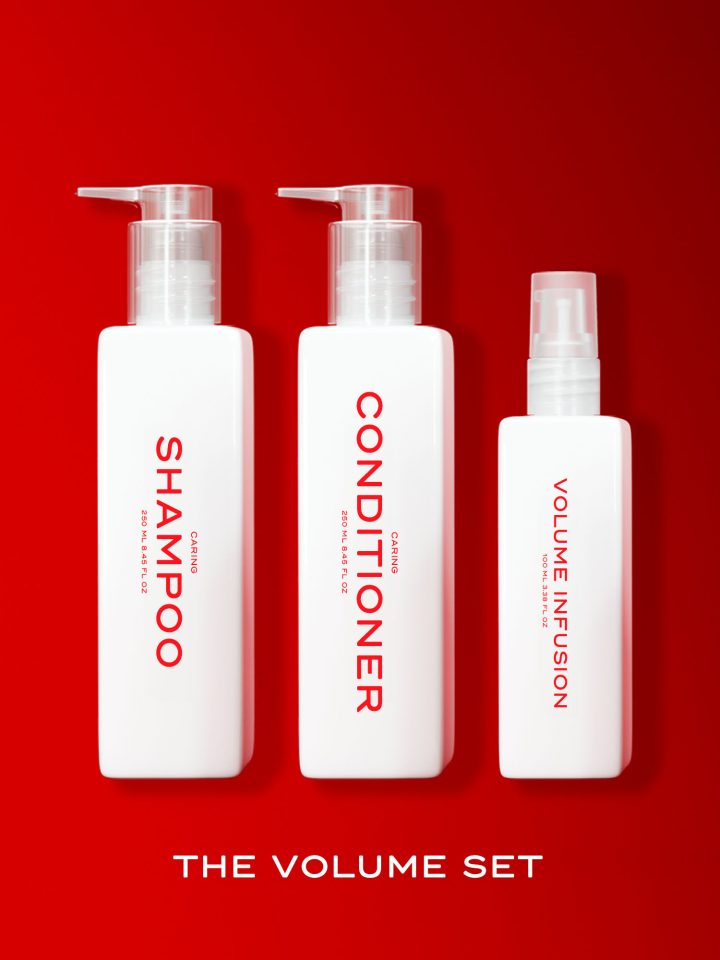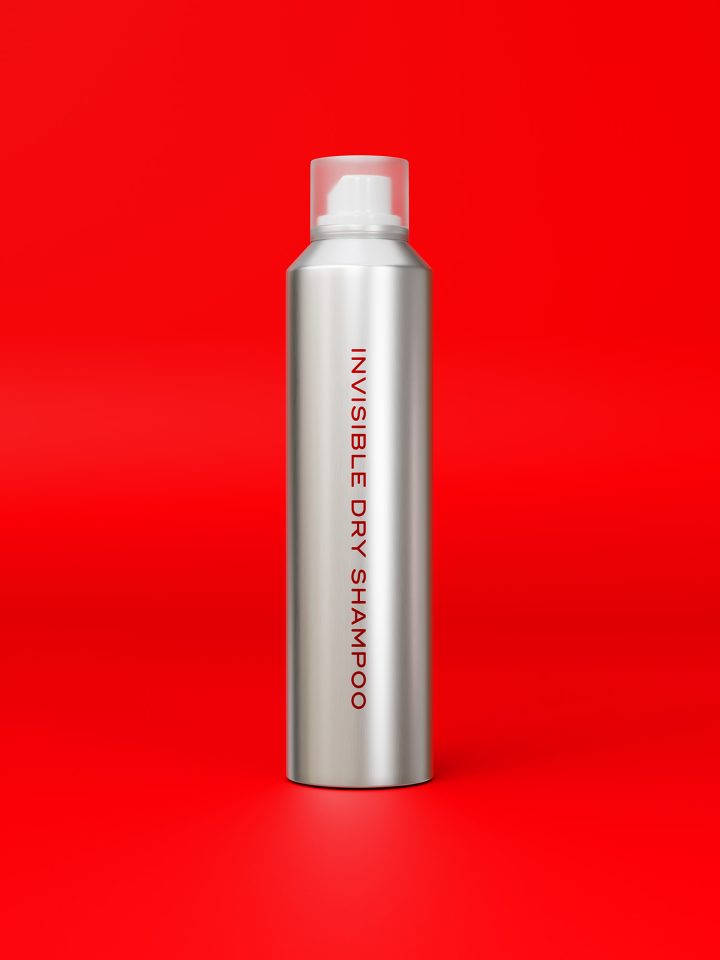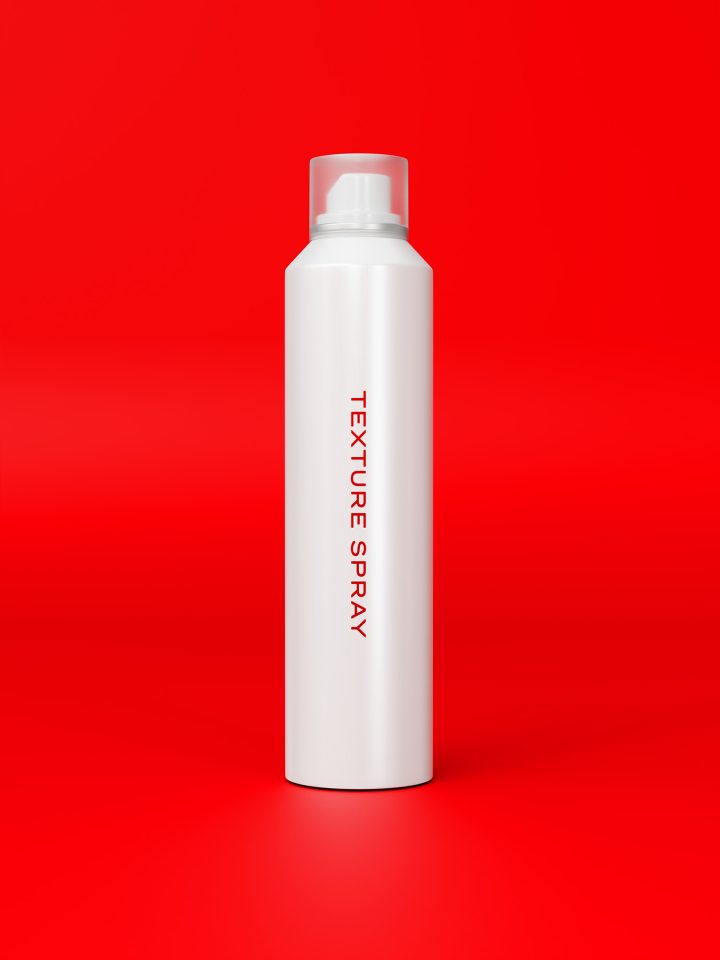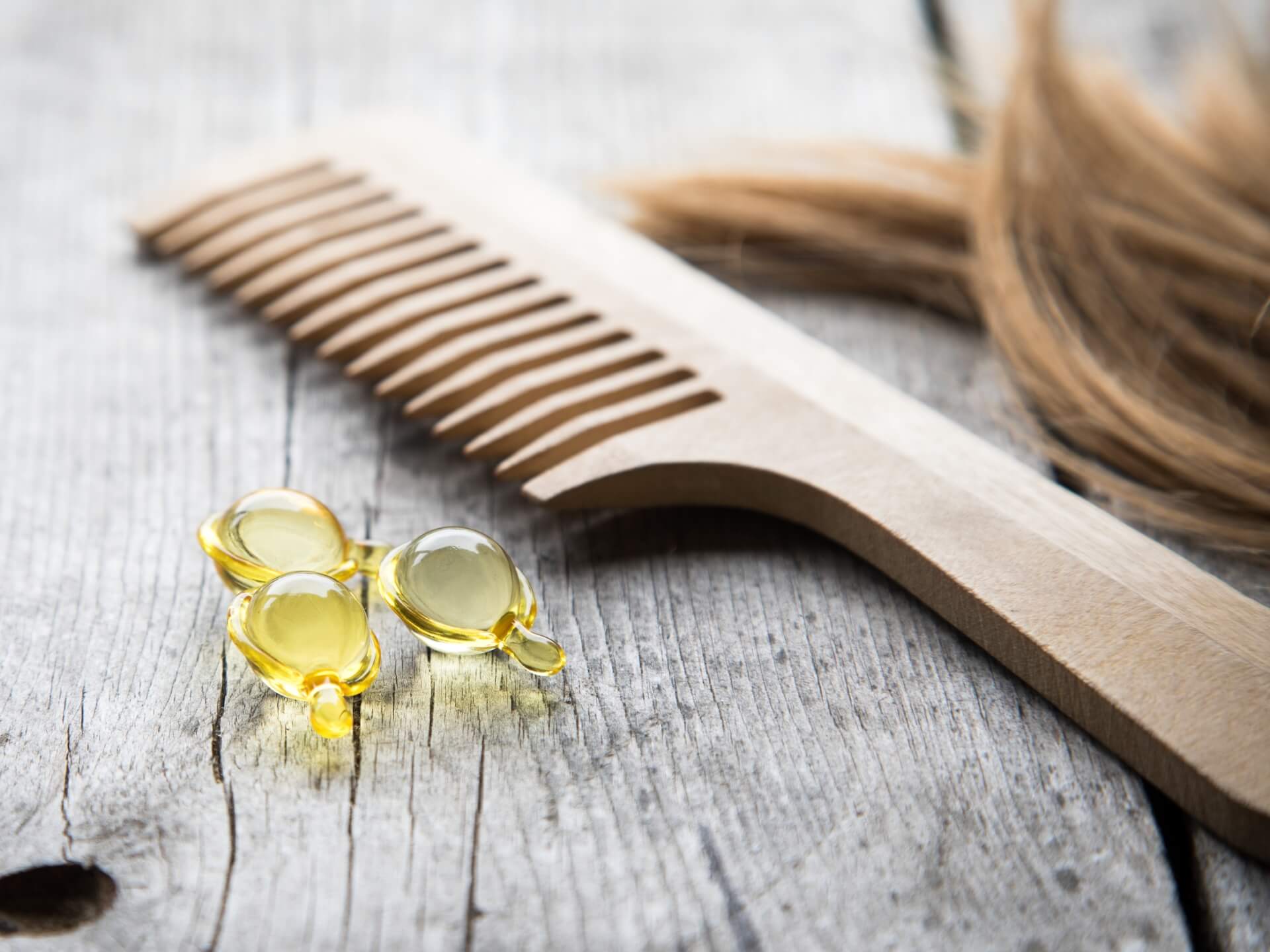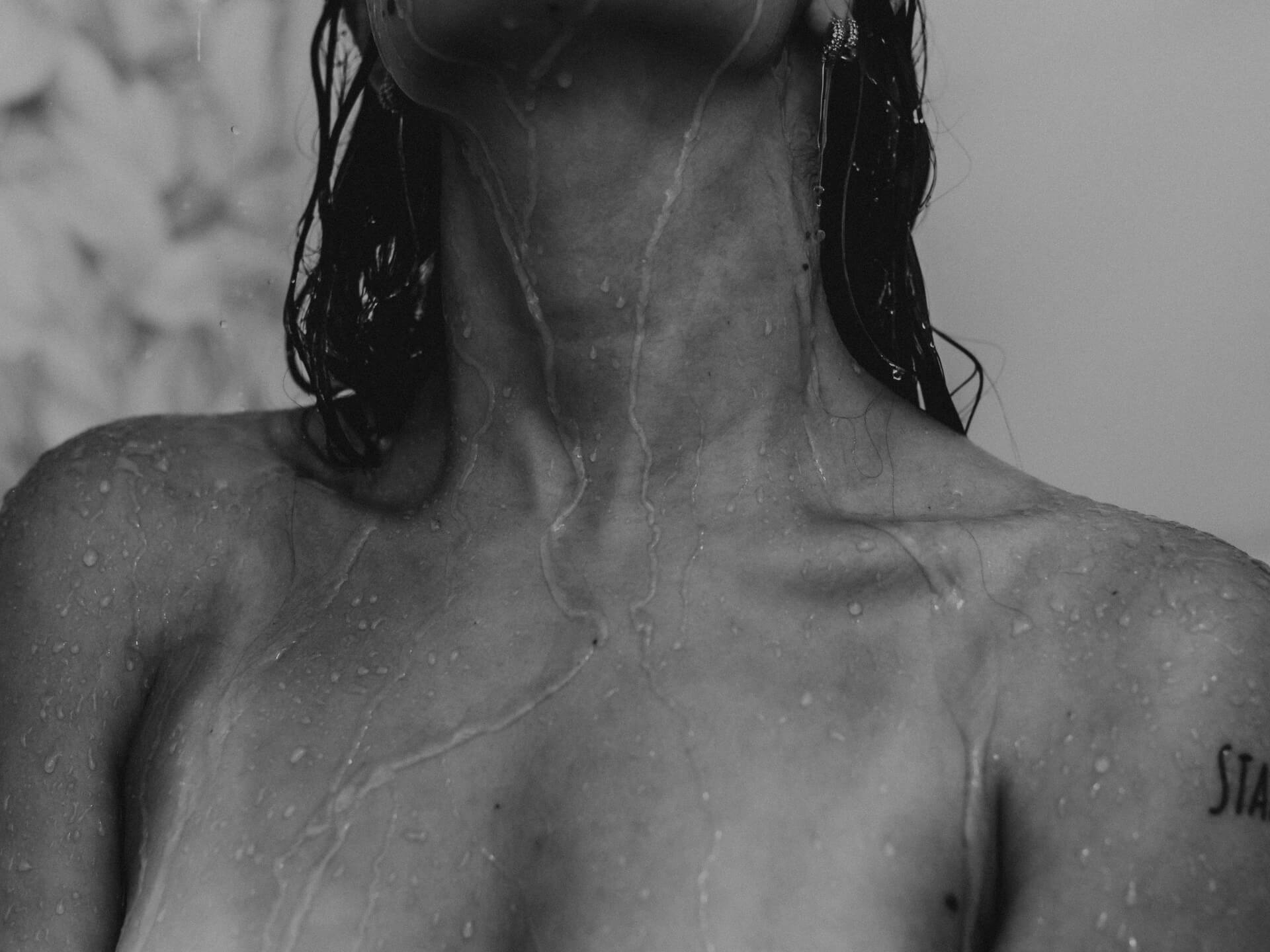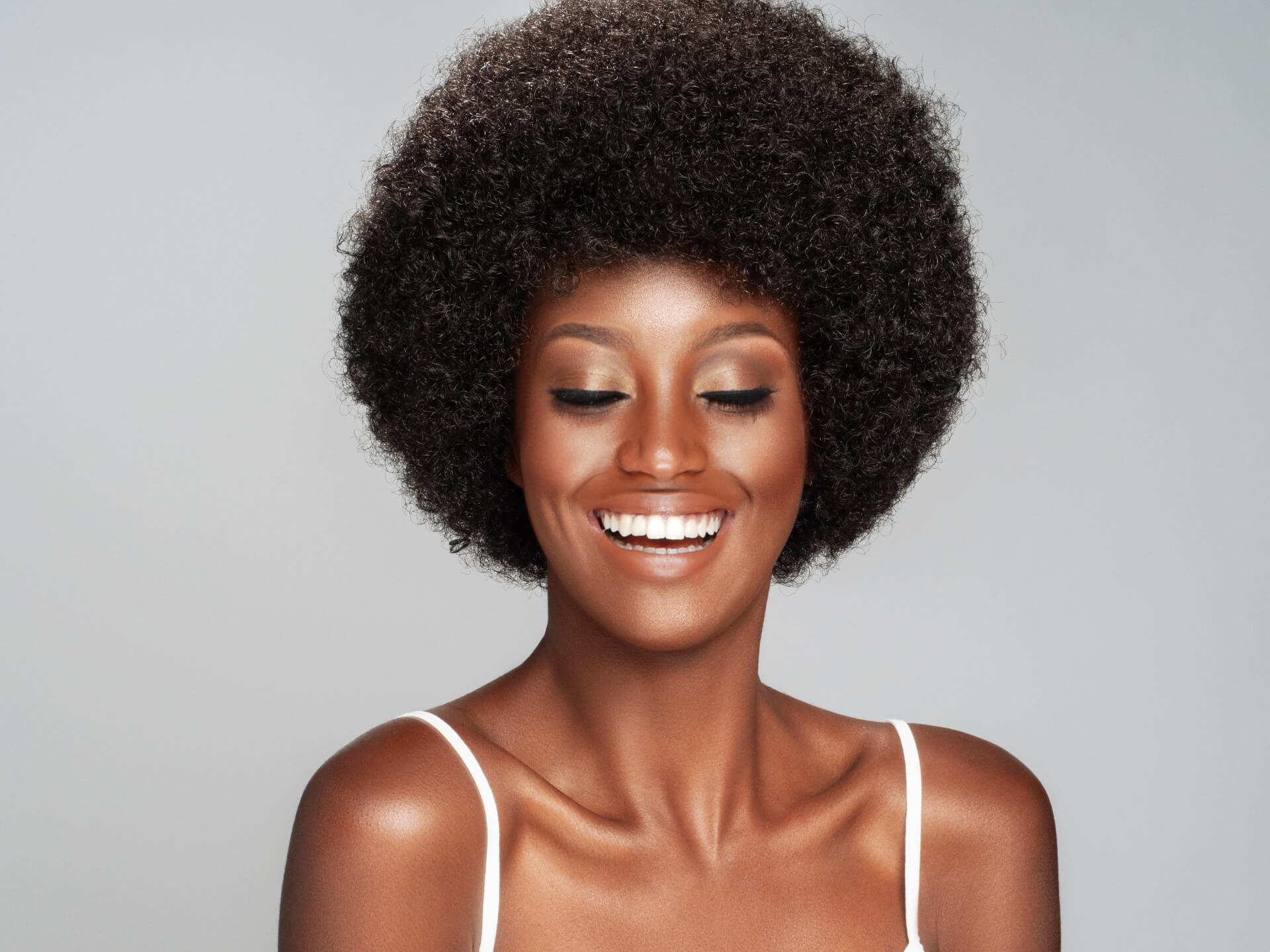Scalp eczema, also known as seborrheic dermatitis, is a common skin condition that affects the scalp and can be both irritating and embarrassing. It is usually characterized by redness, scaling and itching of the scalp. But there are effective ways to manage it and care for your scalp in a gentle and effective way. Here are some detailed tips and advice on how to take care of your scalp when you have dandruff.
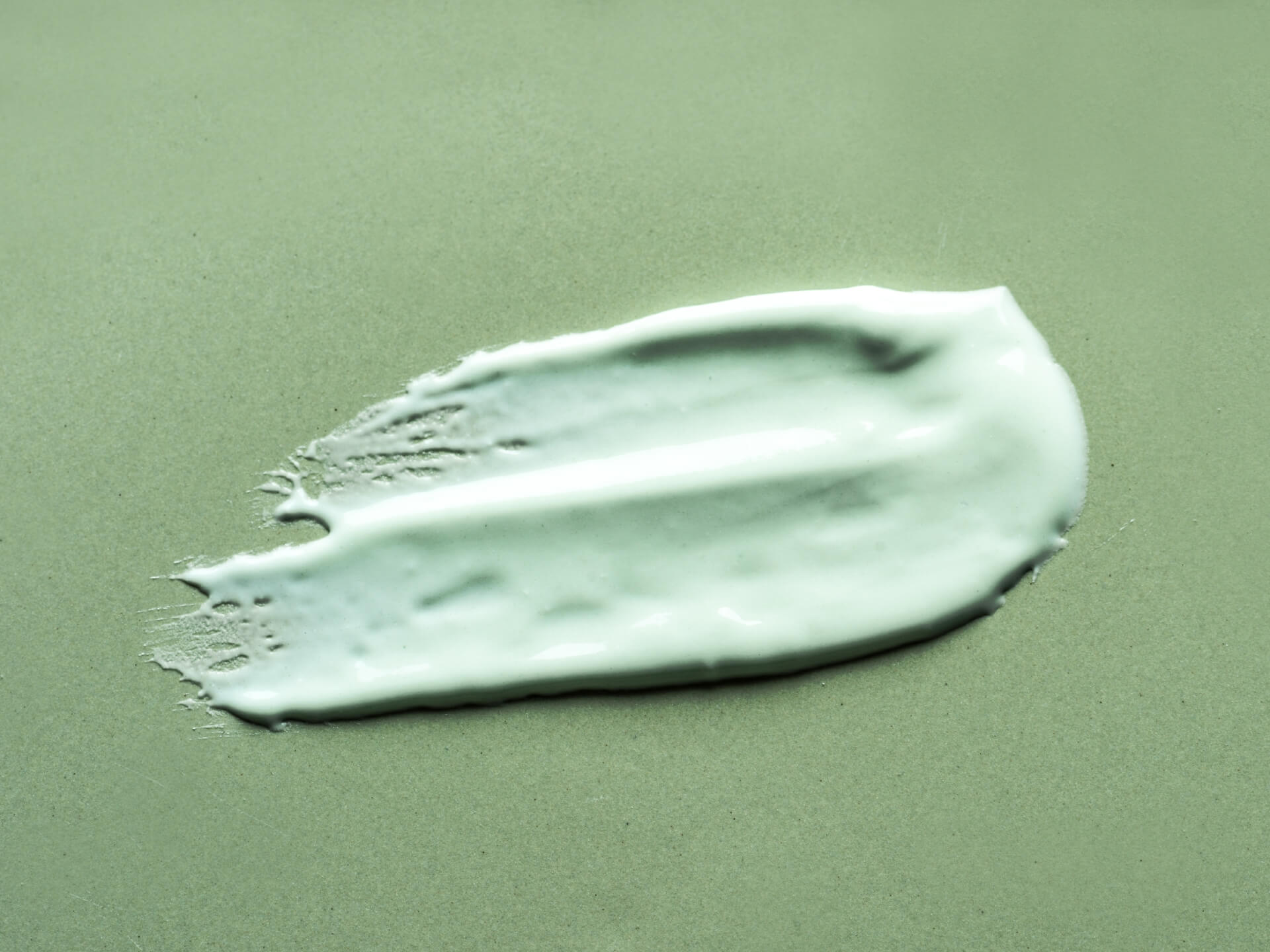
What is eczema of the spleen?
Splenic eczema is a common skin condition caused by a combination of hereditary factors, overproduction of sebum (oil) on the scalp and an overgrowth of a fungus called Malassezia. It often leads to redness, scaling and itching of the scalp and can also occur on the face and other parts of the body.
Hair care for dandruff
When it comes to caring for your scalp with dandruff, it's important to use gentle products that won't further irritate your skin. Here are some steps you can take to care for your scalp:
- Use a mild shampoo - Choose a shampoo specially designed for sensitive scalps. Our Caring shampoo is perfect for this purpose. It contains a unique moisturizing complex of hyaluronic acid and avocado oil that helps soothe and nourish the scalp while gently cleansing.
- Apply a nutritious hair mask - A hair mask can provide extra moisture and nourishment to the scalp. The Caring hair mask contains shea butter and moisturizing complexes of hyaluronic acid and avocado oil for deep hydration and protection.
- Avoid harsh chemicals - Avoid hair care products containing sulphates, parabens and cyclic silicones, as these can further irritate the scalp. All our products are free of these ingredients to provide a mild and gentle experience.
- Make a gentle scalp scrub - Use our Scalp Scrub to gently exfoliate and cleanse the scalp of impurities and product residues. It contains natural particles for effective exfoliation and aloe vera for a soothing effect.
- Extra scalp care - Spring Scalp Food is specially designed to nourish a sensitive scalp. It contains aloe vera and yacon fruit to soothe irritation and promote a balanced and healthy scalp.
Frequently asked questions about eczema of the spleen
Q: What causes splenic eczema?
A: Splenic eczema is due to several factors, including heredity, overproduction of sebum on the scalp and overgrowth of the fungus Malassezia.
Q: What are the most common symptoms of splenic eczema?
A: Common symptoms include redness, scaling and itching of the scalp.
Q: How is splenic eczema treated?
A: Treatment may include the use of special shampoos, hair masks and scalp treatments designed to soothe and treat the irritation.
Q: Are there any lifestyle changes that can help with dandruff?
A: Avoiding stress, eating a healthy diet and using gentle hair care products can help manage splenic eczema.
Q: Is splenic eczema contagious?
A: No, splenic eczema is not contagious and cannot be transmitted to other people.
By taking care of your scalp with the right products and routines, you can manage dandruff effectively and achieve a healthier and more balanced scalp. Our products are specially formulated to be mild and gentle while nourishing and caring for your scalp. Try them and experience the difference!
Do you have more questions about hair care for splenic eczema or our products? Don't hesitate to contact us and we will be happy to help you!
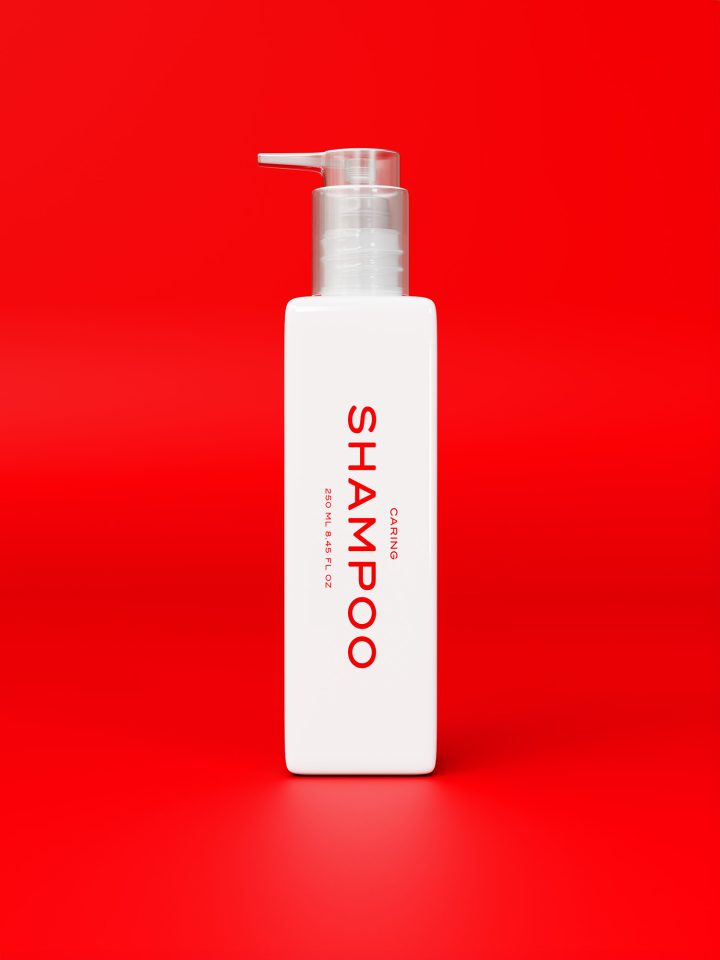
Caring Shampoo 26,00 €
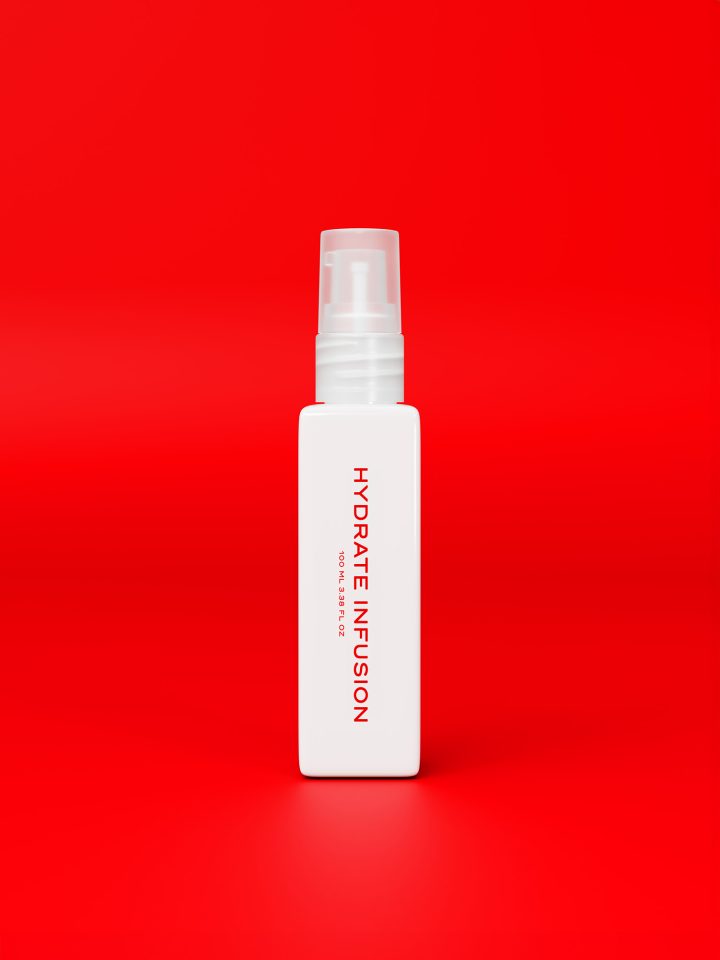
Hydrate Infusion 30,00 €
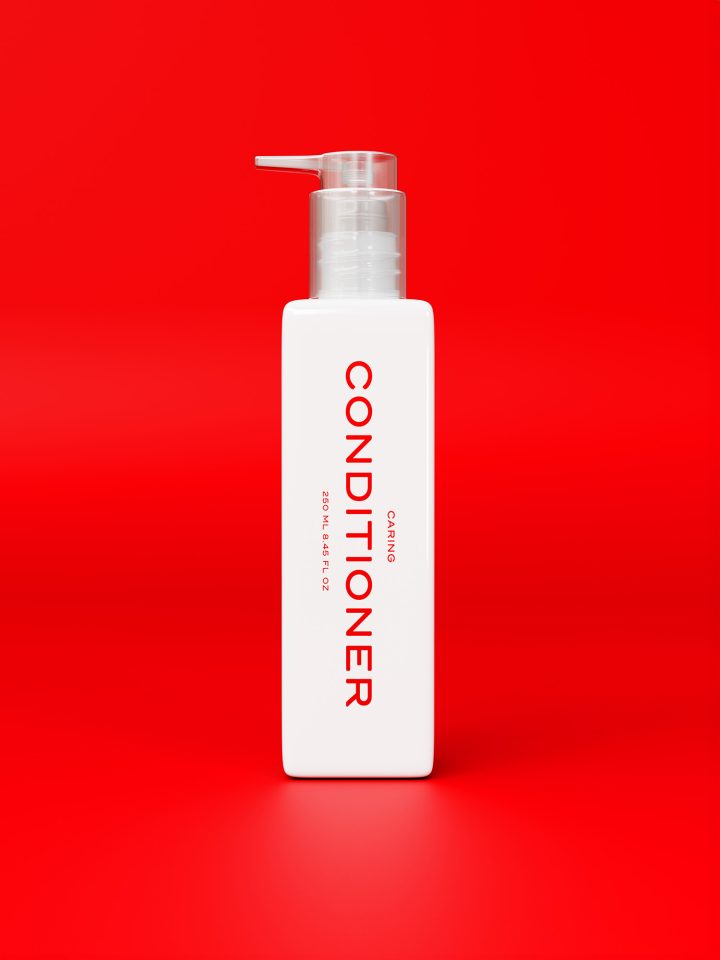
Caring Conditioner 26,00 €
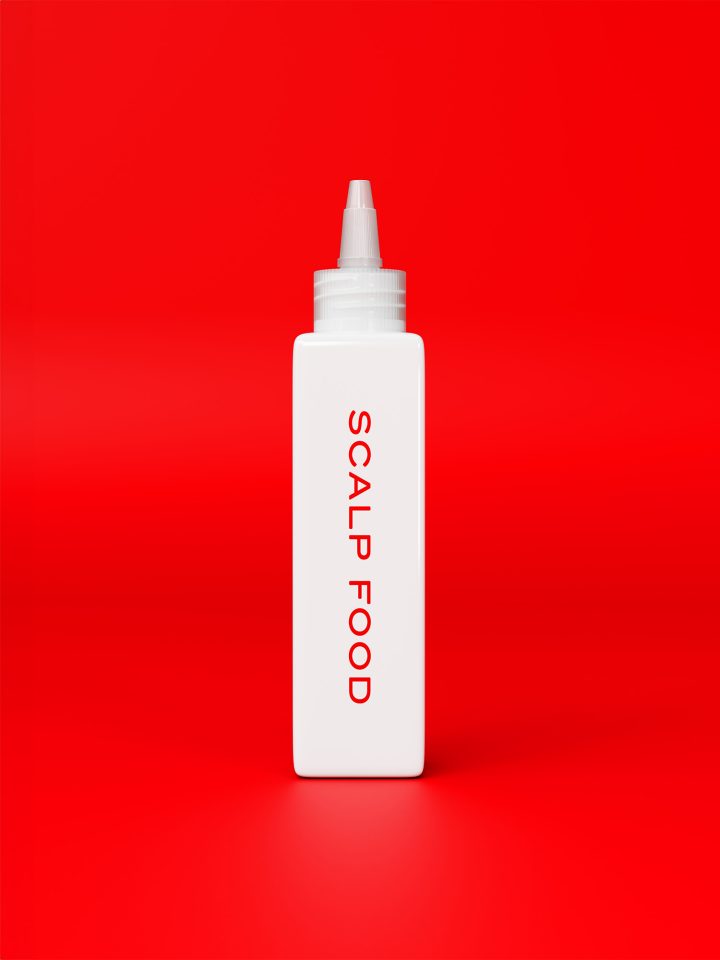
Scalp Food 45,00 €
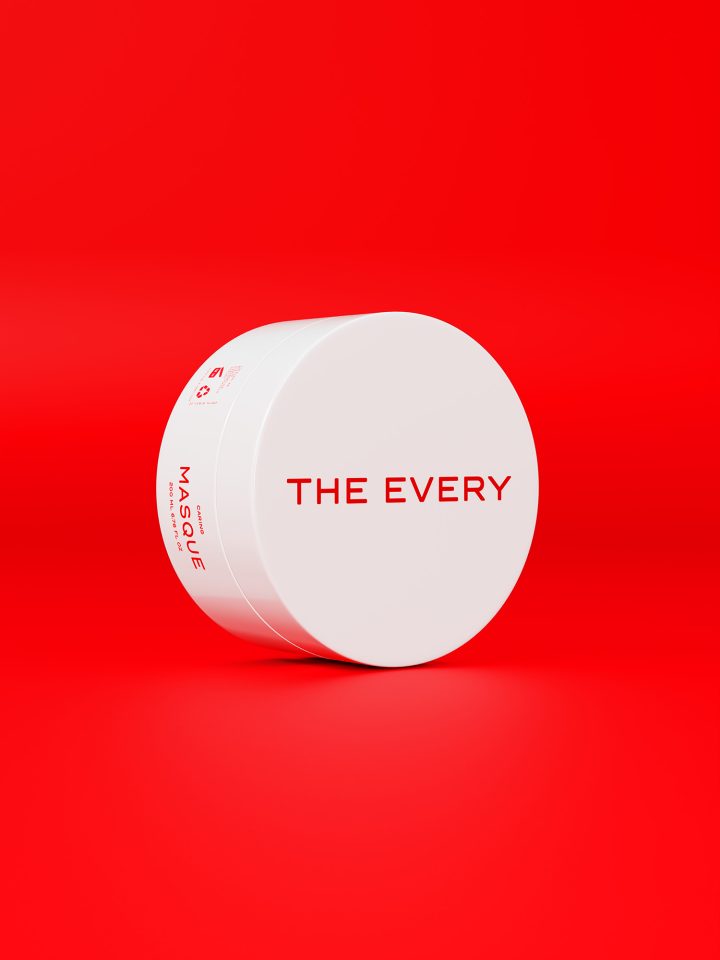
Caring Masque 35,00 €
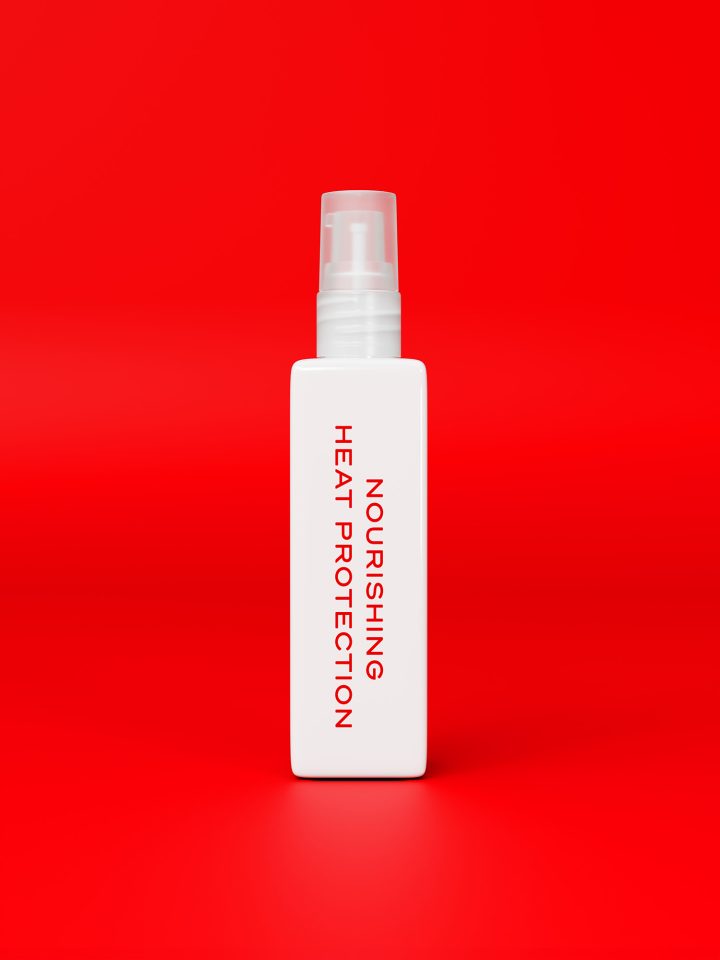
Nourishing Heat Protection 27,00 €
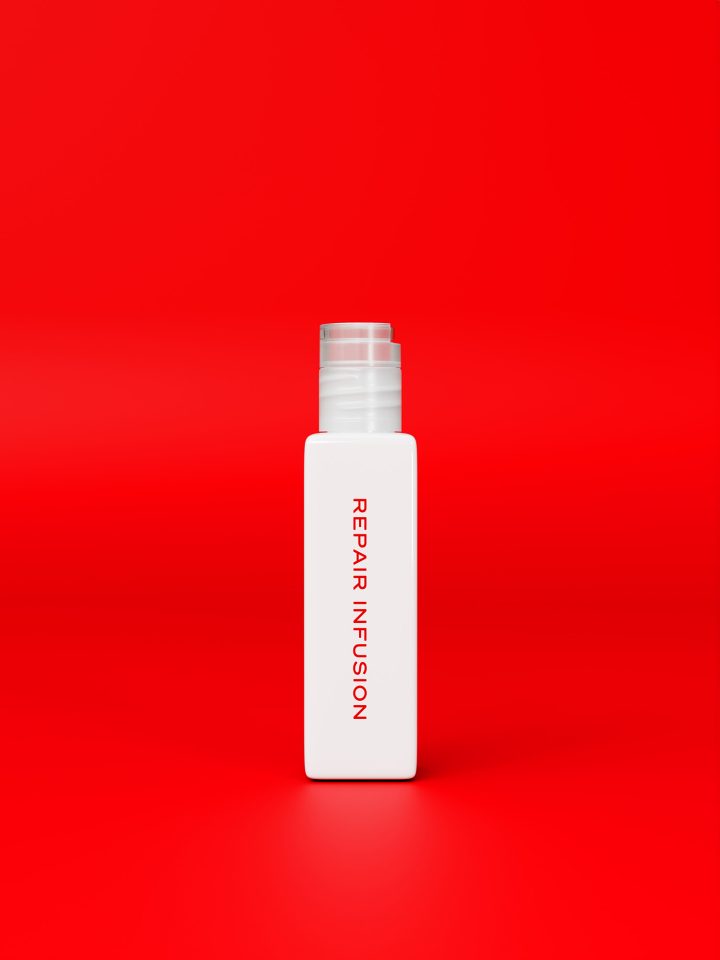
Repair Infusion 30,00 €
